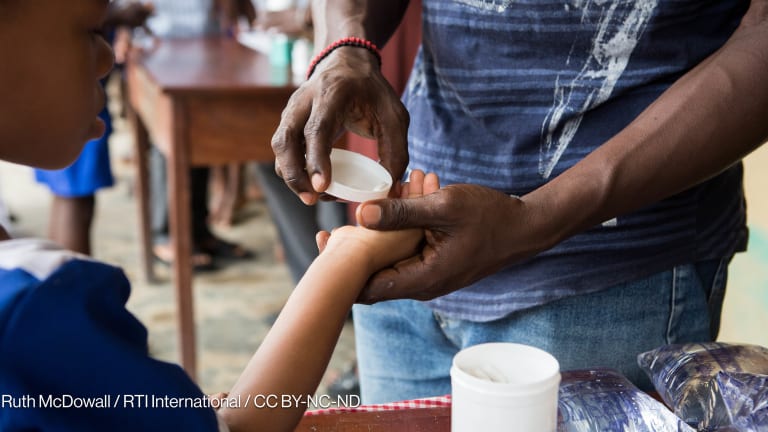Billed as the world’s biggest public-private partnership in the life sciences, a multibillion-euro fund called the Innovative Medicines Initiative jumped into the anti-Ebola fray with a call for proposals worth 280 million euros ($351 million) that closed Dec. 1.
“Stopping the spread of Ebola, now and for future generations, is a key priority for the pharmaceutical industry,” said Richard Bergstrom, director general of the European Federation of Pharmaceutical Industries and Associations, IMI’s main private sector partner.
According to Bergstrom, the current outbreak exposed “unprecedented challenges” for the entire health care system, and addressing these will require “close collaboration and engagement from multiple stakeholders.”
Printing articles to share with others is a breach of our terms and conditions and copyright policy. Please use the sharing options on the left side of the article. Devex Pro members may share up to 10 articles per month using the Pro share tool ( ).


